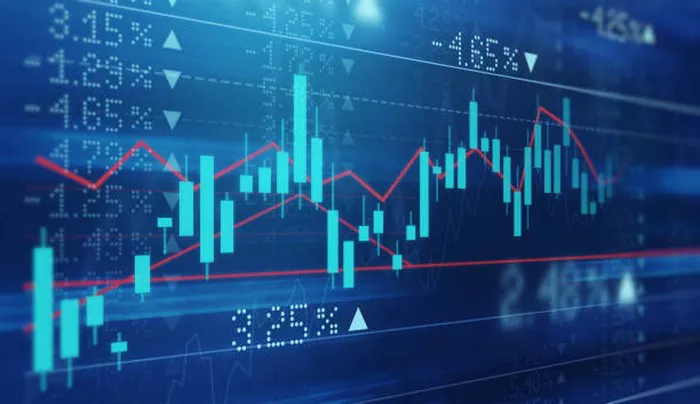Futures trading is a popular financial activity that offers traders the opportunity to speculate on the future price movements of various assets, including commodities, currencies, and financial instruments. Like any investment vehicle, futures trading comes with its own set of risks and benefits. In this article, we will delve into the multifaceted world of futures trading, examining the potential rewards it offers as well as the inherent risks that traders must navigate.
Understanding Futures Trading
Futures contracts are financial instruments that obligate the buyer to purchase, and the seller to sell, an asset at a predetermined price and date in the future. These contracts are traded on organized exchanges, providing liquidity and price transparency. Futures trading allows investors to profit from price movements without owning the underlying asset, making it an attractive option for speculative trading.
Risks of Futures Trading
1. Market Volatility: One of the primary risks of futures trading is market volatility. Futures markets can experience rapid and unpredictable price movements, especially in highly volatile assets such as commodities or cryptocurrencies. Price fluctuations can result in significant gains or losses for traders, making risk management essential.
2. Leverage and Margin: Futures trading involves the use of leverage, which enables traders to control a larger position with a smaller amount of capital. While leverage can amplify profits, it also magnifies losses. Additionally, traders are required to deposit an initial margin to open a position, and maintaining margin requirements is crucial to avoid liquidation.
3. Counterparty Risk: Futures contracts are agreements between two parties – the buyer and the seller. There is a risk that one party may default on their obligations, leading to potential losses for the other party. However, most futures exchanges mitigate counterparty risk by acting as intermediaries and guaranteeing the performance of both parties.
4. Market Liquidity: Liquidity refers to the ease with which an asset or contract can be bought or sold without significantly affecting its price. Illiquid futures markets may pose challenges for traders, including wider bid-ask spreads and increased price slippage. Traders should be cautious when trading in illiquid markets to avoid potential difficulties in executing trades.
See Also: Why are futures better than forwards?
Benefits of Futures Trading
1. Diversification: Futures trading allows investors to diversify their portfolios beyond traditional asset classes such as stocks and bonds. By trading futures contracts on various commodities, currencies, or indices, investors can spread risk and potentially enhance returns.
2. Hedging: Futures contracts are commonly used for hedging purposes, enabling producers, consumers, and investors to mitigate the risks associated with price fluctuations. For example, a farmer may use futures contracts to lock in a price for their crops, protecting against adverse movements in commodity prices.
3. Speculative Opportunities: Futures trading provides ample opportunities for speculative trading, allowing traders to profit from both rising and falling markets. With the ability to go long (buy) or short (sell) futures contracts, traders can capitalize on price movements in any direction.
4. Liquidity and Price Transparency: Futures markets are highly liquid, with a vast number of participants trading on organized exchanges. This liquidity ensures that traders can enter and exit positions quickly and at competitive prices. Additionally, futures exchanges provide price transparency, allowing traders to access real-time market data and make informed trading decisions.
5. Leverage: While leverage poses risks, it also offers potential benefits for traders. By using leverage, traders can control larger positions with a smaller amount of capital, amplifying potential profits. Leverage enables traders to maximize their exposure to market movements and potentially achieve higher returns on their investments.
Conclusion
In conclusion, futures trading offers both risks and benefits for investors. While market volatility, leverage, and counterparty risk are inherent challenges, futures trading also provides opportunities for diversification, hedging, and speculative trading. By understanding the risks involved, implementing robust risk management strategies, and leveraging the benefits of futures trading, investors can navigate the complexities of the futures market with confidence. Whether seeking to hedge against price fluctuations, diversify their portfolios, or capitalize on speculative opportunities, futures trading remains a valuable tool in the arsenal of modern investors.


